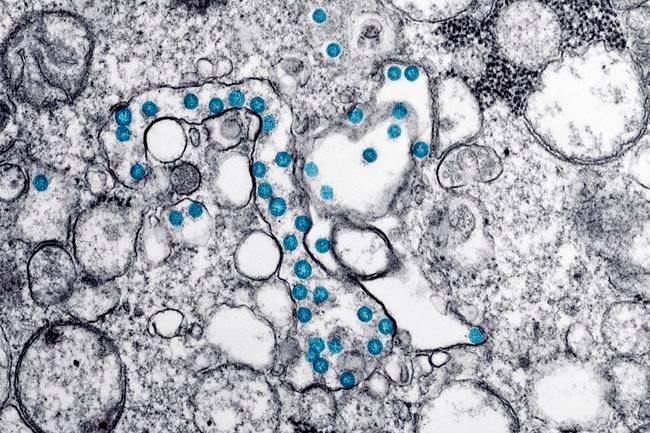Starting next week, Wellington Dufferin Guelph Public Health’s COVID information dashboard will include wastewater data.
The goal behind sharing the new data is to get a better understanding of the variant’s presence in the community.
WDG Public Health spokesperson Danny Williamson said the results will be presented as a numerical level SARS-CoV detected in the water.
“The levels of COVID-19 detected in wastewater often correlate to confirmed cases detected in the community. The extent of correlation can depend on factors like the variant circulating and the proportion of detected cases in the community represented in the wastewater signals,” said Williamson. He also clarified that detection in wastewater is not an indicator of a positive case in the community.
“It’s a surveillance indicator that is best used in conjunction with other indicators to help give us a better picture of what’s happening here in WDG.”
He said samples are retrieved three times a week from Guelph and Orangeville before undergoing PCR tests in two University of Guelph labs.
Updates on wastewater will be subject to data availability. Prof. Lawrence Goodridge, a U of G wastewater testing project leader had previously stated that indications of COVID in wastewater can be detected at least a week before symptoms show up which in turn gives Public Health a heads up.
Earlier this week, The University of Waterloo's wastewater monitoring detected the Omicron subvariant in the Waterloo region. However, no cases of BA.2 were reported in the region.
“We have no identified cases of the Omicron sub-variant (BA.2) in the region but we must assume it is likely here (or will be soon),” said Williamson.
He said BA.2 can only be detected by sequencing, which is only being done on a relatively small number of confirmed cases.
“This process takes some time. Results are often received between a few days and a couple of weeks after the case report.”
